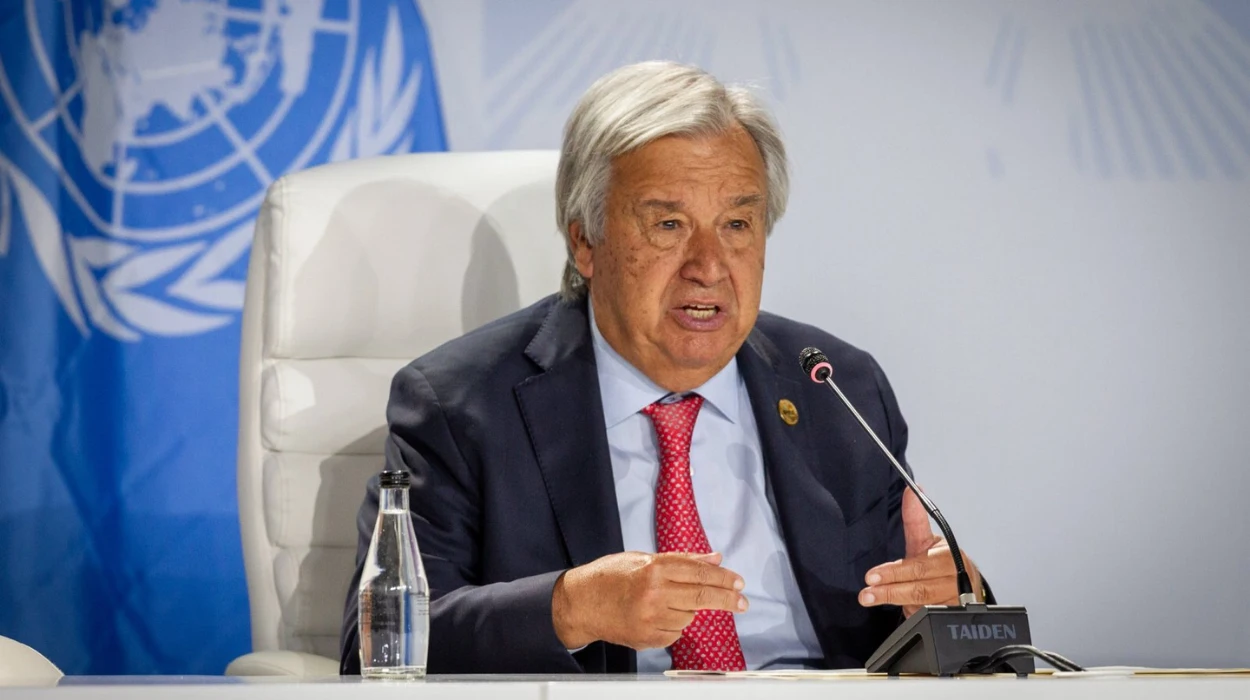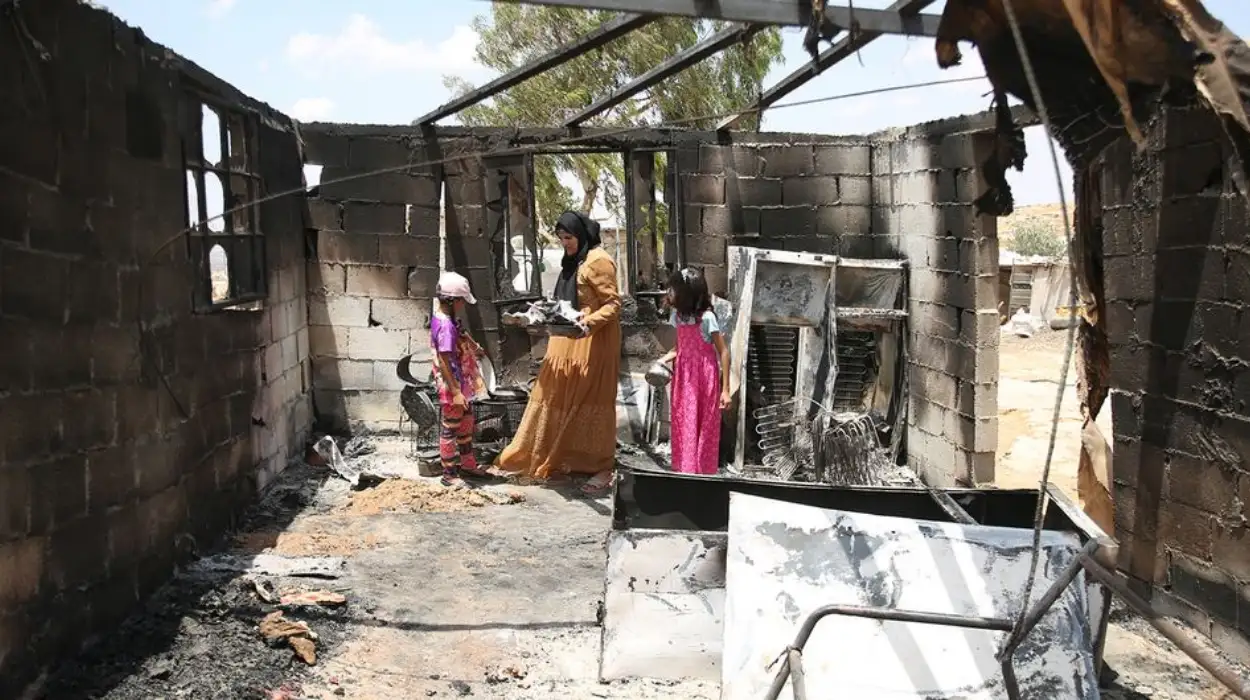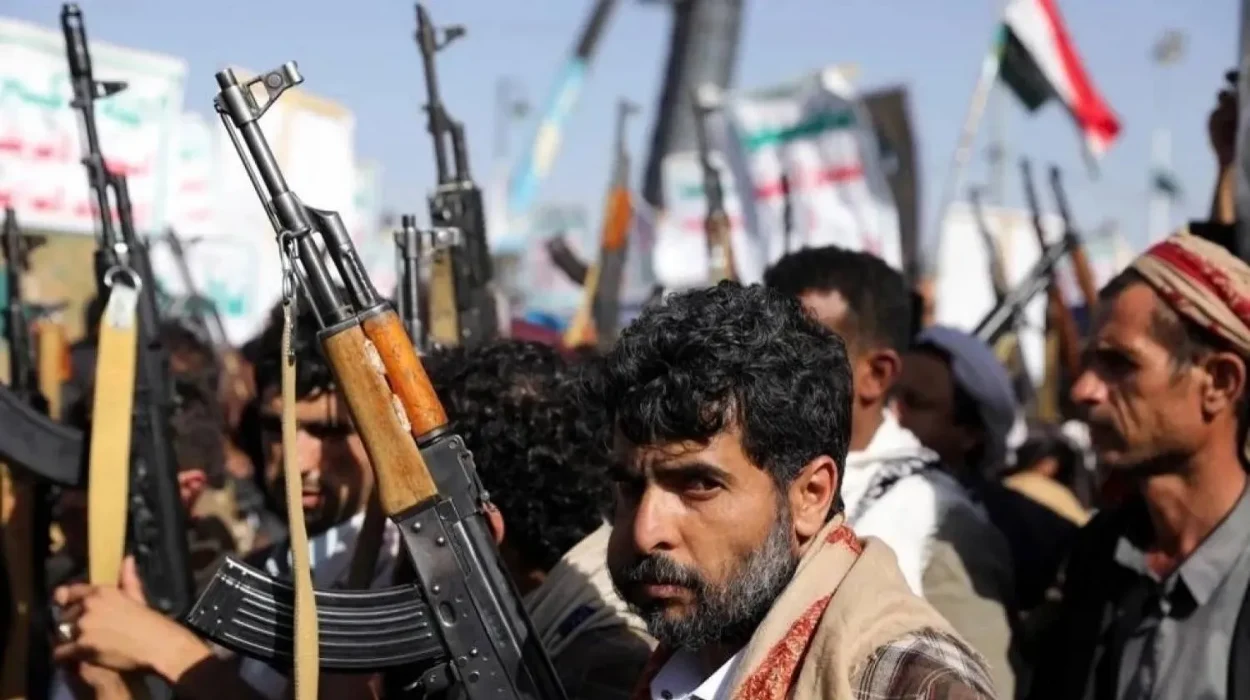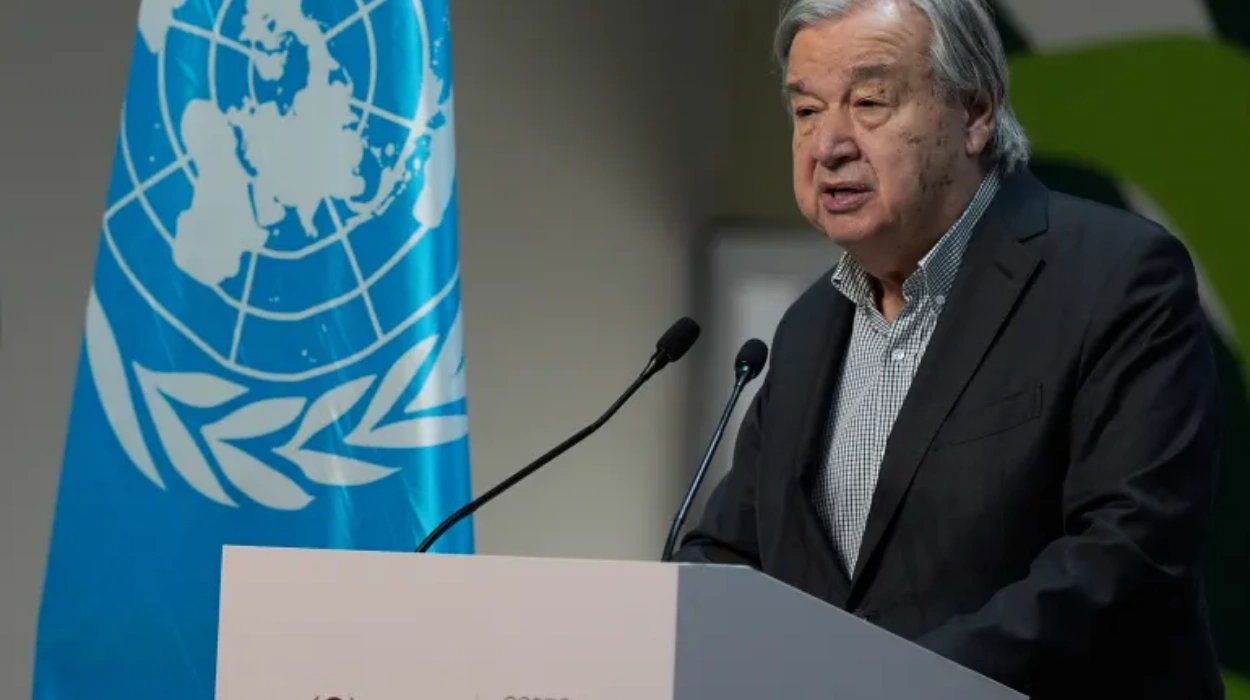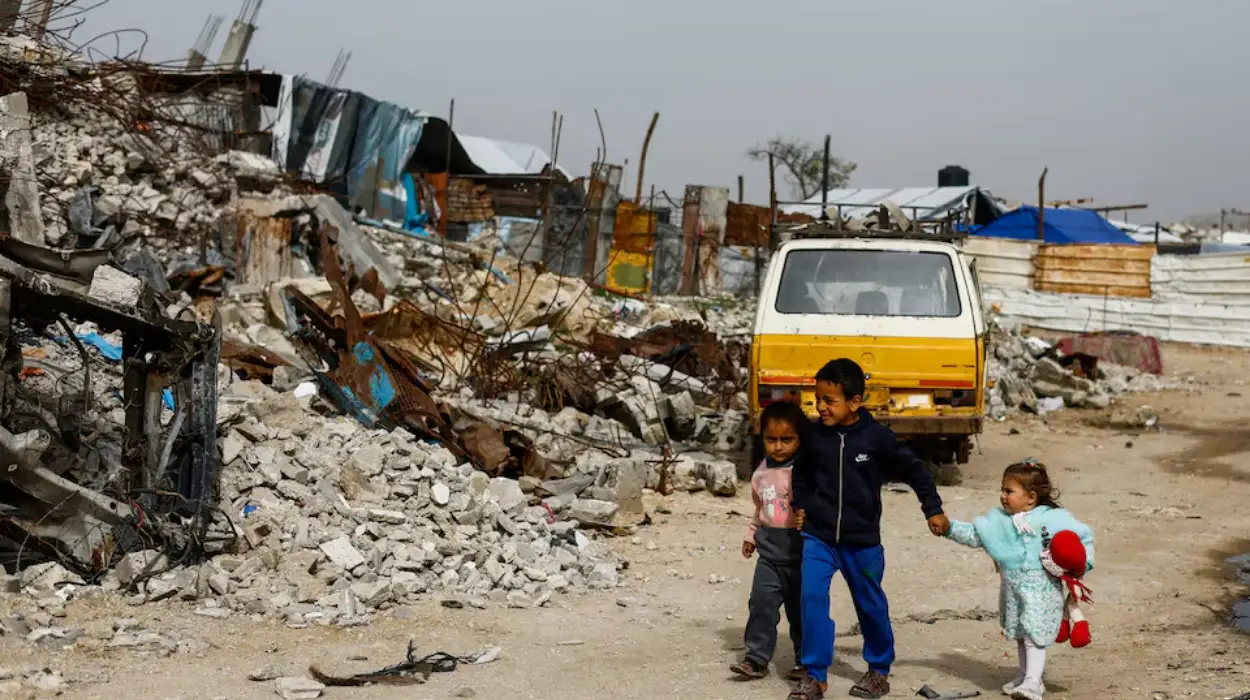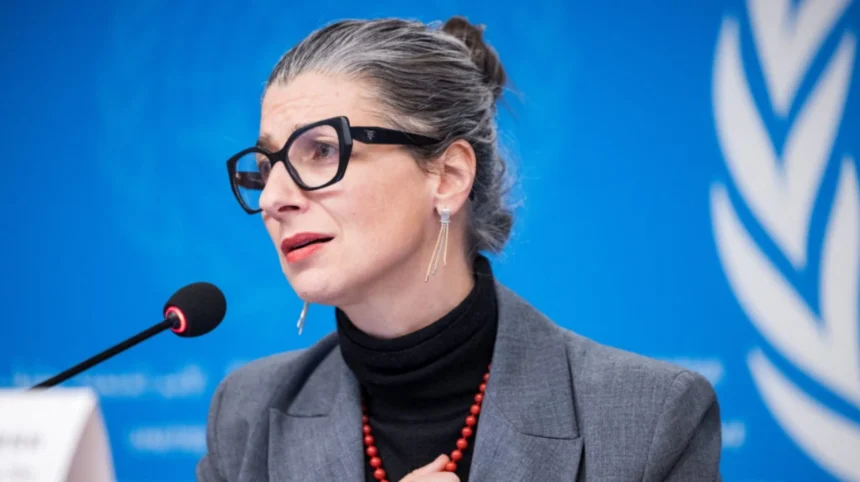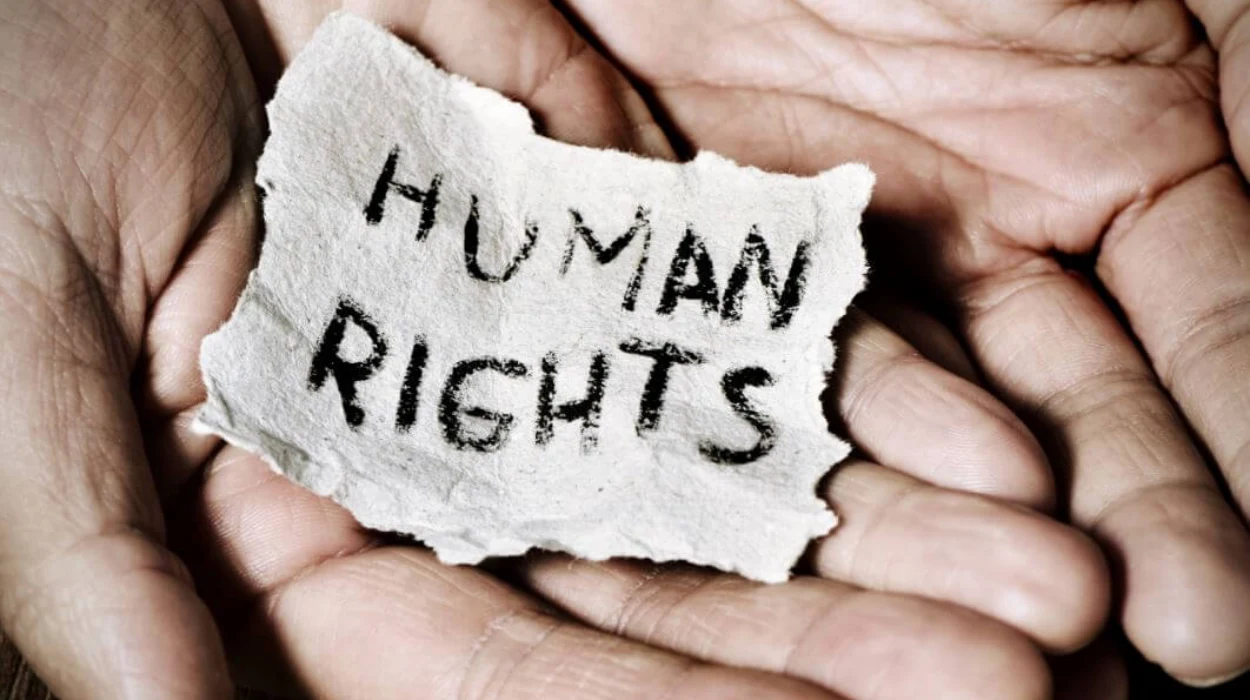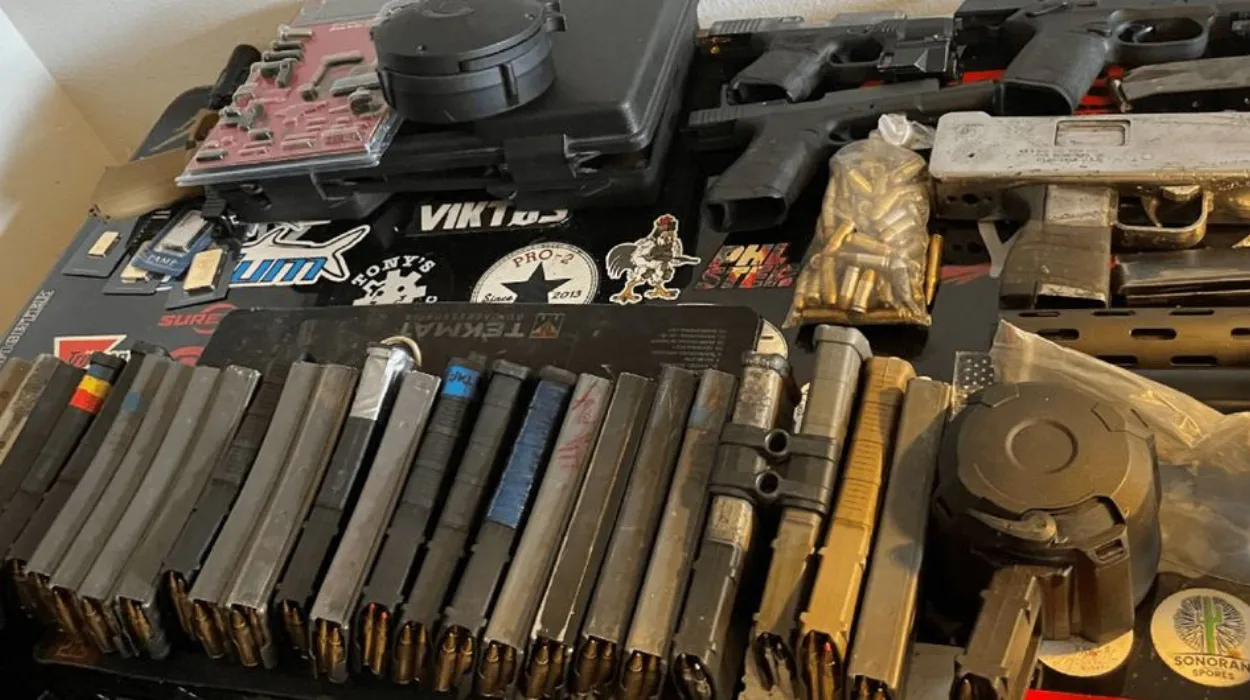In 2025, the United Nations will be increasingly challenged to respond to the prevalence of human rights abuses in various parts of the world. In the 58th session of the Human Rights Council, UN High Commissioner on Human Rights Volker Turk noted the corrosion of international law standards, and has cited more than 120 on-going conflicts and the continuation of impunity as indicators of a major threat to world stability. His cautionary tale portrayed the escalation of a crisis where legal systems and moral authority are being undermined and systems of punishing those who commit wrongs are frequently bypassed or bent.
Although special attention is given to the situation in the countries such as Sudan, Ukraine, Gaza, Myanmar, and Yemen, discrepancies in enforcing the requirements and biased inspection remain. Political coalitions, vetoes and financial stakes have also played a significant role in determining whether the UN has been able to exert the same pressure on countries. This has led to impunity of perpetrators in influential or politically congruent states, which undermines the credibility of the international human rights system.
Institutional Impediments And Geopolitical Power Dynamics
The Human Rights Council (HRC) which promotes and protects human rights around the world also has member states who have mixed records on human rights. Third world countries have been able to neutralize or evade scrutiny by some of their positions, usually on procedural grounds or by bloc voting. The geopolitical constituency of the Council has transformed certain meetings into a battlefield where justice and diplomacy vie over supremacy.
This weighting results in an under-investigation of some nations as others experience continued resolutions and investigative directives. States that lack geopolitical strength are often overrepresented in the list of victims, whereas those that are allied to some of the major powers or voting blocks acquire some form of protection. This leads to a piecemeal accountability process in which justice is not even or unbiased.
Shrinking Civil Society Space As A Barrier
Simultaneously, with the diminishing of the civil society space worldwide, accountability mechanisms are also diminished. Governments in some countries such as Belarus, Egypt and Russia control the work of non-governmental organizations and human rights defenders through legal limitations, harassment and surveillance in the name of national security. Such oppressive circumstances make them unable to hand in credible information or witness to foreign forces.
In addition, transnational repression of exiled activists by monitoring them online or using legal arm-twisting serves to suppress dissent. This reduces the number of voices that can be heard in international forums, which undermines the task of selective justice and pushes fact-finding missions and HRC proceedings further into reliance on grassroots knowledge.
Case Studies Illustrating Patterns Of Selective Accountability
In 2024, the fact-finding mission entrusted by the UN to investigate the domestic crackdown on the protest movement in Iran released a report, citing systemic abuses, such as arbitrary arrests and extrajudicial executions. However, the Iranian administration was not cooperative, denying the results as politically influenced. Although well documented, lack of enforcement mechanisms and accessibility made the recommendations of the mission challenging to enforce, highlighting the structural ineffectiveness of UN mechanisms in confrontational politics.
Erosion Of Judicial Independence In Multiple Jurisdictions
In 2025, the situation is reported to be growing more threatening to the independence of judiciaries in countries like Tunisia, Guatemala and India. In them both, interventions in the appointment and removal of judges by political means compromised the non-partisan application of the law. The compromised status of the judiciary undermines domestic redress, and international monitoring since the implementation of most UN processes depends on credible national institutions to enforce the rights-based obligations.
Not even the established democracies have been spared. In Poland and Hungary, claims that the executive oversteps itself in judicial affairs have led to questions of the ability of the EU to enforce the rule of law within itself. Herein lays the significance of the fact of the loss of accountability not being confined to autocracies but rather the world at large in democracy.
Legal And Normative Gaps Reinforcing Selective Justice
Although a lot has been done to champion the rights of both genders and their access to education, economic related rights have not been uniformly tackled. Clearly, tax evasion, corporate collaboration in labor exploitation, and environmental degradation tend to go unnoticed by any serious examination because of legal loopholes and territorial ambiguities. The UN has not established effective mechanisms to address multinational companies or governments seeking to evade human rights commitments through economic influence.
State sovereignty is still a major obstacle. Governments have used non-interference as a way to shun outside investigation especially where there has been a colonial past. Such normative constraints restrict the capacity of the UN to exert its consistent pressure, particularly in case of economic and diplomatic relations at stake.
Challenges In The Universal Periodic Review Mechanism
The Universal Periodic Review (UPR) provides a state-driven mechanism of evaluating national human rights performance, which, in theory, enhances cooperation and accountability. Nonetheless, its use of voluntary submission and peer rating tends to result in light-hearted reviews especially when influential nations are reviewed. The lack of funding, the minimal involvement of least developed countries, and the restricted involvement of civil society make the impact of UPR results even less effective.
In the absence of extra resources and political support, the UPR will be more of a mere procedure than a substantive reform. However, in cases where civil society is engaged, it has managed to put issues of marginalization like indigenous rights or climate justice on international agendas.
International Justice And Structural Resistance To Accountability
The International Criminal Court (ICC) still encounters difficulties with conducting arrest warrants or starting investigations in politically sensitive situations. In 2025, the Court was subject to criticism by some influential states over its investigation of war crimes in Gaza and Ukraine, with multiple countries accusing it of being politicized. Major states have suspended its collaboration or denied its jurisdiction, blocking any attempt to put high-level offenders on trial.
This opposition is indicative of a more general unwillingness to subdue supranational legal institutions. In the absence of universal jurisdiction and legally binding requirements, international law is often applied unequally when the perpetrators are state-affiliated or bear geopolitical importance.
Multilateral Commitments Versus National Interests
UN Secretary-General Antonio Guterres has always focused on the importance of states promoting multilateral principles instead of small national interests. There are, however, nationalistic and isolationist inclinations, especially in security and migration policies. When it is in their interests, countries choose to participate in UN mechanisms selectively and withdraw or block when they are threatened by accountability to their strategic position.
This duality enhances the property defect of the international human rights regime and demonstrates how hard it is to achieve disinterested justice in these circumstances. Notwithstanding statements of commitment, gaps in operations in the implementation of principles remain.
Building Toward A More Consistent Global Accountability Framework
Moral imperatives and political realities clash as the selective justice of the United Nations system persists. Restructuring, especially in the composition and operational autonomy of the Human Rights Council is a burning issue. It is also important to protect and finance civil society actors whose actions keep shedding light on violations that would otherwise be concealed.
If the UN is to reassert its moral authority, it must prioritize transparency, insulate rights mechanisms from geopolitical influence, and elevate the role of independent monitoring. Efforts to depoliticize human rights should extend to ensuring that legal tools, such as international tribunals and sanctions, are applied with consistency rather than convenience.
As global crises intensify from environmental collapse to displacement and digital surveillance, the demand for a fair and impartial international justice system will only grow. Whether the UN can adapt its institutions to meet these demands will determine its relevance in an increasingly multipolar world. The test for 2025 and beyond lies in whether selective justice remains a defining feature or a challenge the international community is finally willing to confront.


